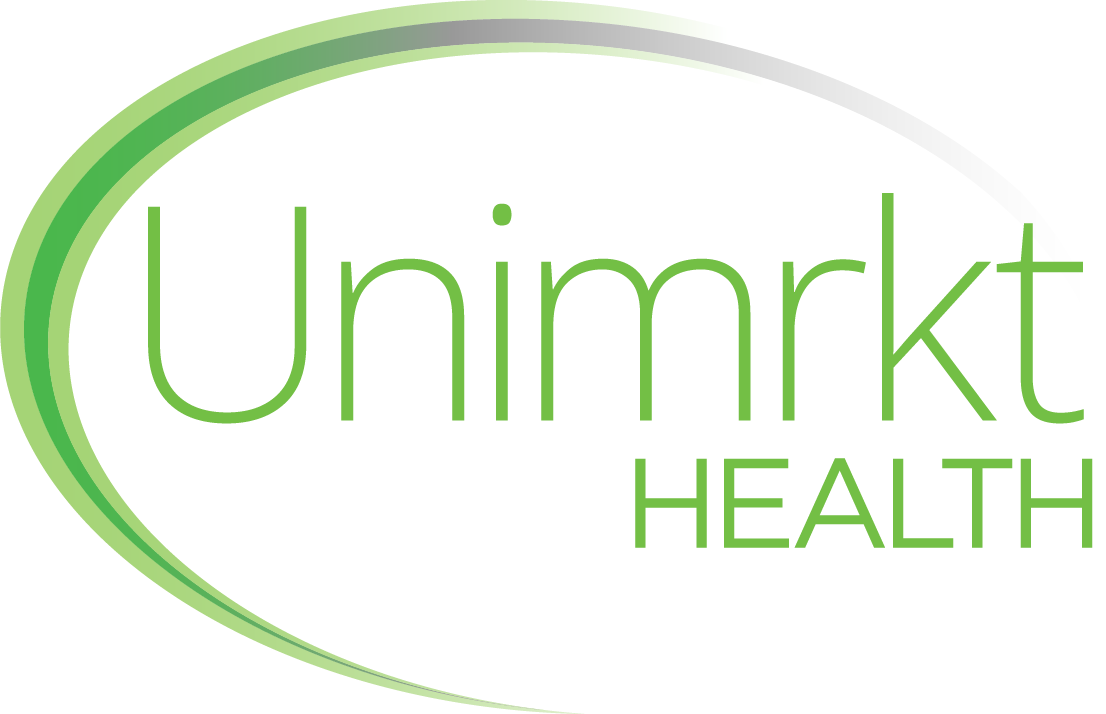10 Proven Tips for Conducting Effective Medical Surveys
- Unimrkt Healthcare » Blog » 10 Proven Tips for Conducting Effective Medical Surveys
Healthcare is a highly demanding sector, where accurate and reliable data is crucial. Without the right kind of data on hand, it’ll be virtually impossible to improve patient care, understand medical trends, and ultimately make informed decisions. One of the most effective ways to gather this data is through medical market research surveys. Whether it’s understanding patient satisfaction, evaluating the efficacy of a new drug, or assessing public health initiatives, these surveys provide actionable data that drives better decisions. However, conducting a successful medical survey requires careful planning, strategic execution, and a well-structured approach. In today’s blog, we will explore 10 proven tips to help you conduct effective medical market research surveys that will help you gather reliable data. Let’s get started!
Define Your Research Question
The foundation of any successful medical market research survey is a well-defined research question. A research question gives your survey direction and purpose. Without it, your survey could end up collecting irrelevant data, which defeats the purpose of conducting the survey in the first place. Your research question should be specific, clear, and measurable. For example, instead of asking, “How satisfied are patients with their healthcare?” refine it to “What are the levels of satisfaction among patients who have used telemedicine services for their primary care consultations in the last six months?” Such specificity ensures that your survey results are relevant and actionable. Additionally, a focused research question helps a medical market research agency select the appropriate methodology, target population, and data collection tools, making your survey more effective.
Ensure Question Clarity and Specificity
Once you’ve defined your research question, the next step is to craft clear and specific survey questions. The effectiveness of your medical market research surveys largely depends on the clarity of your questions. Ambiguous or poorly worded questions can lead to confusion, misinterpretation, and invalid data. For instance, instead of asking, “Do you find the healthcare system effective?” ask, “On a scale of 1 to 5, how effective do you believe the current healthcare system is in managing chronic diseases like diabetes?” This approach helps gather more specific data, making it easier to analyze and apply. Using simple, direct language can help you avoid misunderstandings and ensure that your respondents can provide accurate answers that align with your research objectives.
Choose the Right Survey Method
Medical market research surveys can be conducted through various methods, including online surveys, phone interviews, or in-person consultations. The choice of method depends on the nature of your research, your target audience, and the type of data you seek to collect. Online surveys are cost-effective and easy to distribute, especially if you’re trying to reach a broad audience. However, for more sensitive or detailed topics, in-person or phone interviews might be more appropriate, as they allow for deeper engagement with respondents. A medical market research agency can help you select the right survey method based on your goals and target demographic. Each method has its advantages and challenges, so carefully consider the needs of your research before making a decision. The goal here is to gather accurate, honest responses that will provide the insights you need.
Use Clear, Simple Language
Clarity is key in medical market research surveys. The easier it is for participants to understand the questions, the more reliable and valid your data will be. Medical terminology or jargon can alienate participants, especially if they don’t have a medical background. This can result in skewed or inaccurate responses. To avoid this, use simple, straightforward language in your questions. For example, instead of asking, “How often do you experience dyspnea during physical exertion?” you could ask, “How frequently do you experience shortness of breath when exercising?” This ensures that a wider range of respondents, regardless of their medical knowledge, can accurately interpret the question and provide relevant answers.
Identify Your Target Population
Your target population is the group of individuals whose opinions, experiences, or behaviors you want to study. In medical research, this could be a specific demographic, such as adults with chronic conditions, healthcare professionals, or patients who have recently undergone a particular treatment. Defining your target population allows you to tailor your survey questions and approach to the individuals most relevant to your research. A medical market research agency can help you refine your target population to ensure you’re collecting data from the right people, which ultimately improves the quality of your survey results. For example, if you’re researching the effectiveness of a new drug, your target population would be individuals who have used the drug. On the other hand, if you’re assessing the quality of care at a healthcare facility, your target population could be patients who have visited that facility within a certain timeframe.
Determine the Right Sample Size
A sample size that is too small may not provide reliable data, while a sample size that is too large could result in unnecessary costs and time. To calculate the ideal sample size, you need to consider factors like the size of the target population, the desired margin of error, and the confidence level you wish to achieve. For instance, if you want to be 95% confident that your survey results are within a ±5% margin of error, you can use a sample size calculator to determine how many respondents are needed. Working with a medical market research agency can help you make these calculations accurately and ensure that your survey results are statistically significant.
Ensure Representativeness of Your Sample
In medical market research, it’s crucial that your sample is representative of your target population. A biased or unrepresentative sample will distort your survey results and lead to inaccurate conclusions. To ensure representativeness, you can use random sampling techniques or quota sampling. Random sampling ensures that every individual in your target population has an equal chance of being selected, while quota sampling helps ensure that specific subgroups within the population are adequately represented.
Incorporate Both Closed and Open-Ended Questions
To gather comprehensive data, it’s essential to include a mix of both closed and open-ended questions in your medical market research surveys. Closed questions provide quantitative data that is easy to analyze, while open-ended questions allow respondents to provide more detailed insights and qualitative feedback. For example, you might ask a closed question like, “Have you ever been diagnosed with hypertension?” followed by an open-ended question like, “If yes, how has hypertension affected your daily life?” This combination provides both measurable data and deeper, qualitative insights into patient experiences. Including both question types ensures a balanced and thorough understanding of your research topic.
Pre-Test Your Survey
Before launching your medical market research surveys on a larger scale, it’s a good idea to conduct a pretest with a small sample of your target population. This pilot test helps you identify any issues with your questions, survey format, or wording that could lead to confusion or inaccurate responses. A pre-test also gives you an opportunity to assess the flow of the survey and make adjustments based on feedback. Refining your survey based on pre-test results can help increase the likelihood of obtaining reliable data when you roll out the full survey.
Plan for Data Analysis
Once your medical market research surveys are completed, the next step is analyzing the data. It’s essential to plan ahead for how you will organize and interpret the survey results. Depending on your research goals, you may use statistical analysis tools or qualitative methods to identify patterns, trends, and key insights. Working with a medical market research agency can help ensure that your data analysis is both accurate and thorough. Professionals in this field can provide valuable insights into interpreting your survey results and turning them into actionable strategies for improving healthcare services, patient experiences, and more.
Talk to the Experts
Conducting effective medical market research surveys requires careful planning, a well-thought-out strategy, and attention to detail. We are confident that by following the 10 proven tips outlined above, you can ensure that your surveys are clear, representative, and provide valuable insights into patient experiences and healthcare practices. In this regard, it’s worth noting that partnering with a medical market research agency ensures your efforts are optimized for success. If you are looking for companies with an impeccable track record of conducting medical market research, look no further than Unimrkt Healthcare. Throughout the years, we have consistently applied scientifically validated methodologies for research in the health industry, ensuring the delivery of actionable data through meticulous targeting of respondents. To learn more about how we can help you with your market research endeavors, call +91-124-424-5210, +91-9870-377-557, or email sales@unimrkthealth.com. You may also fill out our contact form, and our team of experts will assist you as soon as possible.
Recent Posts
- 10 Medical Online Survey Mistakes You Must Leave Behind in 2025
- How Qualitative Healthcare Research Can Accelerate Ethical AI Adoption
- Trust as a Growth Strategy: What Healthcare Leaders Can Learn From Business Market Analysis
- Mapping the Healthcare Value Chain: A Market Research Perspective
- Decoding Emotional Triggers in Treatment Choices: A Qualitative Approach
Archives
Quick Enquiry
Customer Service, We Make it Better
Related Posts:
Let's Connect
Please, fill in the form to get in touch!



